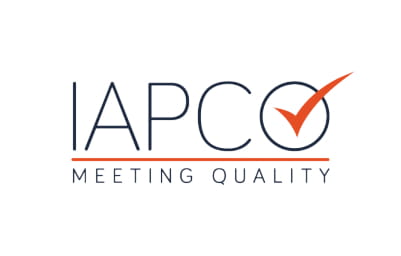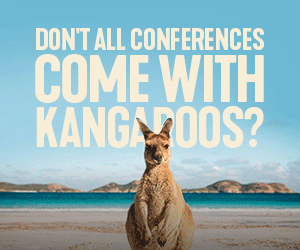Creating Member-Focused Structures

Open, Accessible Boards and Secretariats that are There to Serve (and not to Rule)
The association world is changing at a relentless pace. Everyone must cope with an unprecedented global crisis, the COVID-19 pandemic. Every association should now develop new processes to be successful. Traditional large-scale meetings, congresses and conferences are not appropriate during these times and the essential purpose of the association’s existence – exchange of latest scientific and professional findings – needs to find new virtual platforms.
So how do you keep your members engaged in this new virtual world? And how to make them feel they are still an important part of the society? The wise association boards follow the ancient mantra, regnare est servire (to serve is to reign). Let us focus on three fundamental pillars that will help modern societies to achieve this goal.
Balance between traditional and modern values
Establishing a well-functioning governance mechanism is essential to an association’s success and longevity. Traditionally, boards were composed solely by highly respected honourable experts, representing the extensive knowledge and vital experience in their respective field. This may lead to paralyzed governance. How can this be avoided without losing extremely valuable institutional memory?
- Try to limit the service length of board members and consider designating a portion of the board seats to be vacated each year.
- Establish maximum terms of service. Do not underestimate the importance of a comprehensive handover between the old and new board and the unique role of the past-president.
- Do not forget to invite the new generation onto the board – how about a special role of Social Media Ambassador, open to young members (only)?
- Some associations have even founded a second, parallel board consisting of young members to support the organisation with fresh ideas, propose feasible innovations and last, but not least, to grow into new leadership roles.
Diversity
The word diversity has different meanings, for large international associations and for smaller, national societies. The former group, engaging people from diverse regions/countries/continents and diverse cultures, benefits from a range of work styles, thoughts, and perspectives that can be used to improve efficiency and encourage creativity. At the same time, different working conditions and distinct professional policies in various countries raises different needs for association members. By reflecting the geographical diversity in the board, you can naturally accommodate the wide range of requests.
The second group, national associations, focuses rather more on the importance of sector diversity. By splitting the general scientific/professional community in several specialised working groups you can reach more focused and effective teams that will enjoy their intimate connections.
Communication
The association members would not be aware of how much the board and the secretariat care about them if they do not communicate well. What are the best channels? Each and every tool is perfect, when used as a two-way communication stream. Regular communication is critical to keep members abreast of developments and to offer them opportunities to give feedback and let you know what services they need and how you can best support them.
Once you manage to facilitate direct communication between individual members, you are on the right path to upgrade your association to a truly great community - a professional family.
Written by Elena Alexandrová, Head of Congress Department at AIM Group International – Czechia, and Annalisa Ponchia Baccara, CMP, CMM, Director of Innovation & Customer Experience & Director of International Congress Development at AIM Group International.
 This article was provided by the International Association of Professional Congress Organisers. IAPCO represents today 137 companies composed of over 9,900 professional congress organisers, meeting planners and managers of international and national congresses, conventions and special events from 40 countries. The Head Office of AIM Group International is based in Rome, Italy, heading up 13 offices in 10 countries. AIM is one of the world leaders in the organisation of events and conferences whose philosophy is summed up in: dynamism, reliability, flexibility.
This article was provided by the International Association of Professional Congress Organisers. IAPCO represents today 137 companies composed of over 9,900 professional congress organisers, meeting planners and managers of international and national congresses, conventions and special events from 40 countries. The Head Office of AIM Group International is based in Rome, Italy, heading up 13 offices in 10 countries. AIM is one of the world leaders in the organisation of events and conferences whose philosophy is summed up in: dynamism, reliability, flexibility.
Other Articles
About Us
Supported by the Union of International Associations (UIA), the International Association of Professional Congress Organisers (IAPCO) and the Interel Group, the global public affairs and association management consultancy, Headquarters Magazines serve the needs of international associations organising worldwide congresses.















